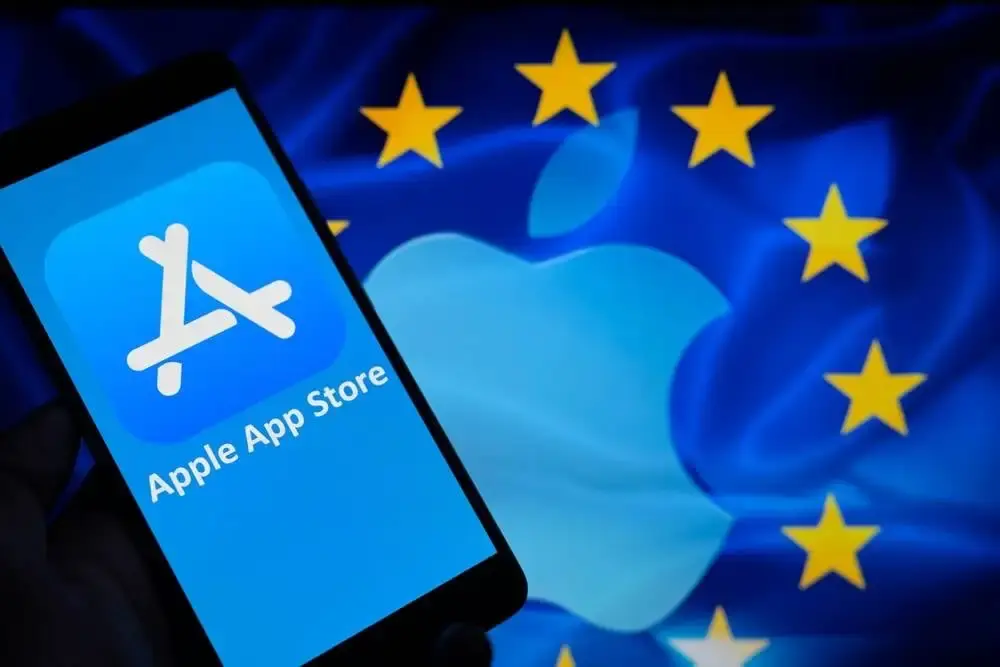Apple’s grudging accommodation of European antitrust rules by allowing third-party app stores on iPhones has left users of its Safari browser exposed to potential web activity tracking.
Developers Talal Haj Bakry and Tommy Mysk looked into the way Apple implemented the installation process for third-party software marketplaces on iOS with Safari, and concluded Cupertino’s approach is particularly shoddy.



🤖 I’m a bot that provides automatic summaries for articles:
Click here to see the summary
Apple’s grudging accommodation of European antitrust rules by allowing third-party app stores on iPhones has left users of its Safari browser exposed to potential web activity tracking.
Developers Talal Haj Bakry and Tommy Mysk looked into the way Apple implemented the installation process for third-party software marketplaces on iOS with Safari, and concluded Cupertino’s approach is particularly shoddy.
A website offering an alternative software marketplace can include a button that, when tapped in Safari, launches a marketplace-kit: request that is handled by a MarketplaceKit process on the EU user’s iPhone.
Apple doesn’t allow third-party app stores in most parts of the world, citing purported privacy and security concerns – and presumably interest in sustaining its ability to collect commissions for software sales.
Second, Apple’s MarketplaceKit – its API for third-party stores – doesn’t validate the JSON Web Tokens (JWT) passed as input parameters via incoming requests.
Back when Apple planned not to support Home Screen web apps in Europe – a gambit later abandoned after developer complaints and regulatory pressure – the iGiant justified its position by arguing the amount of work required “was not practical to undertake given the other demands of the DMA.”
Saved 77% of original text.